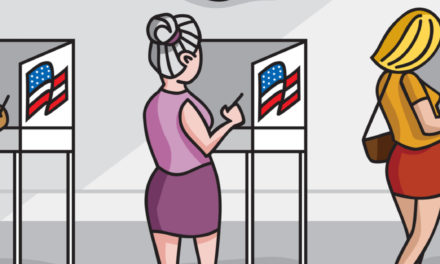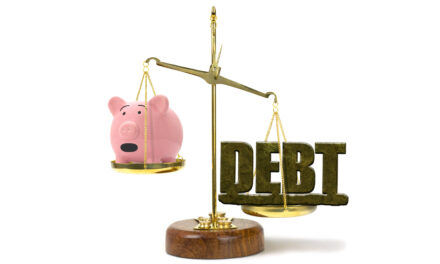
When Refinancing Does (and Doesn’t) Make Sense
With mortgage rates nearly 100 bps lower today than in the first quarter of 2019, many of your clients may be considering refinancing their current mortgage. If they haven’t already discussed refinancing, it may be a good idea for you to start that conversation.
To view the full article please register below:
When Refinancing Does (and Doesn’t) Make Sense
With mortgage rates nearly 100 bps lower today than in the first quarter of 20191, many of your clients may be considering refinancing their current mortgage. If they haven’t already discussed refinancing, it may be a good idea for you to start that conversation.
Reasons to Refinance (with Caveats)
There are a handful of reasons people refinance, including:
- Lower Interest Rates—At today’s low rates, your clients may find that they can save hundreds of dollars every month with lower mortgage payments. There are refinancing costs, so help your client determine the breakeven for a refinance. The big advantage is that savings can be used to fund other financial objectives.
- Pay Off Other Debt—Many individuals look to refinance their existing mortgage at a higher loan amount, using the excess funds to pay off higher interest credit card debt, auto loans and other personal debt. At first blush, the strategy of replacing high interest loans with a single low interest loan appears to be a sound one.
There are a couple of problems with this, however. By essentially converting credit card debt that paid for “operating expenses” (e.g., household items, dinners) or an auto loan on a car with a useful life of seven to 10 years, this debt is now converted to a 30-year payback period, which could result in paying more in cumulative interest even though the interest rate is lower.
The second danger is that, now free of big monthly credit card payments, it may lead to more overspending since the individual’s spending behavior is no longer constrained by a large card balance.
- Reduce Term of Mortgage—It may be possible for some homeowners to convert their 30-year mortgage to a 15-year mortgage with little change to their monthly mortgage payment amount. This offers the benefit of being mortgage-free much sooner, holding wonderfully positive implications for their retirement.
- Switch from an Adjustable-Rate to Fixed-Rate Mortgage—No one knows the future direction of interest rates, especially over a 10-, 20- or 30-year period. Now may be the best time to lock in these low long-term rates and protect against future rate increases.
- Cash Out to Fund Other Objectives—Paying for a home improvement or funding college expenses by cashing out home equity can make sense given today’s low rates. Consider, however, that a future downturn in housing could put the mortgage underwater, leaving your client paying on a mortgage that is greater than the value of the home.
There is a valuable role for the financial advisor in helping clients make a decision that has significant implications for their future financial health, so seize the opportunity.
Source:
Please reference disclosures: https://blog-dev.americanportfolios.com/disclosures/












